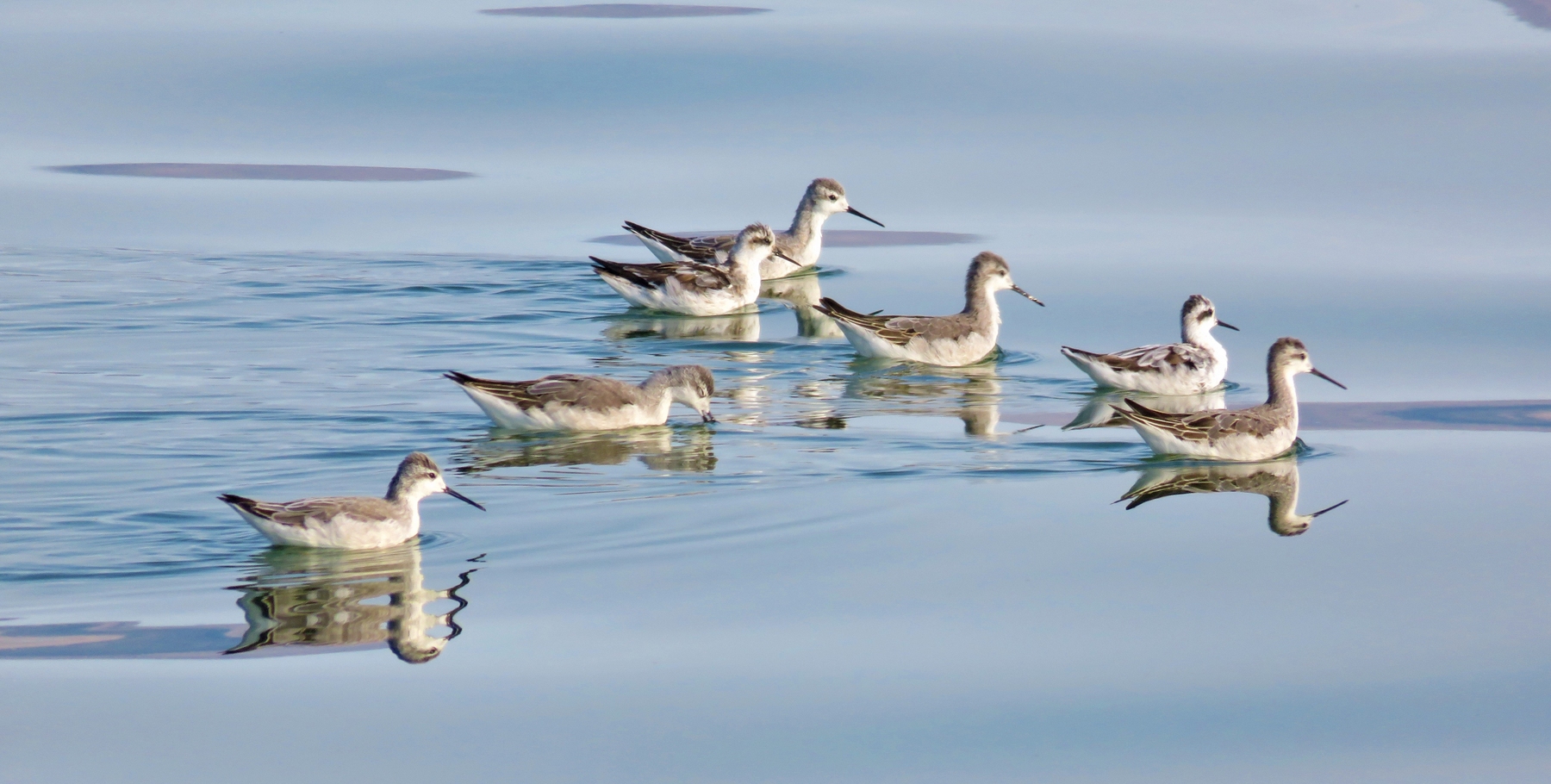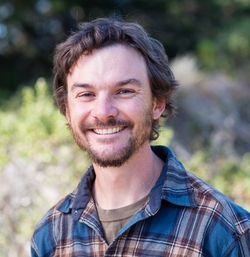
- This event has passed.
Zoom Event: Phalarope Preservation from Mono Lake to Mar Chiquita
February 27 @ 7:00 pm - 9:00 pm

Saline lakes are shrinking around the world, threatened by water diversion and climate change. Great Salt Lake and other large, iconic saline lakes have reached the brink of ecosystem collapse in recent years, threatening both toxic dust storms and loss of essential bird habitat. Phalaropes are tiny but charismatic swimming shorebirds that specialize on saline lake habitat in both North and South America and need a hemispheric network of living saline lakes to survive. Since 2019, Ryan has been working with an international network of collaborators from Canada to Argentina to bring attention to the conservation needs of saline lakes, through the story of phalaropes. Ryan will discuss this many-faceted program including new research on tracking phalarope migrations with tiny transmitters, coordinated population surveys across the Americas, international artistic collaborations, and how the Wilson’s phalarope could help save Great Salt Lake through the Endangered Species Act.


“Like” Olivia Smartt Photography and visit www.OliviaSmartt.com for more gorgeous imagery!
Ryan Carle is the Science Director of Oikonos Ecosystem Knowledge, a conservation science non-profit focused on protecting imperiled ecosystems. Ryan has a special connection to Mono Lake because he grew up there, raised by park ranger parents. With Oikonos, Ryan has worked in the U.S. and Chile for the last 15 years on conservation research for a variety of bird species, including auklets, shearwaters, and hummingbirds. Ryan also is a lecturer at UC Santa Cruz where he teaches experiential natural history courses. Ryan’s work focuses on finding collaborative and community-based conservation solutions and sharing a passion for the wonder of the natural world. Ryan graduated from UC Santa Cruz with a degree in Environmental Studies and Moss Landing Marine Labs with a master’s degree in Marine Science.
If you plan to attend via Zoom, please enter your info and we’ll send you a link prior to the event.
If you’ve signed up for previous events, feel free to skip this step – you’re already on our list!
[sfva_mailing_list_form]

